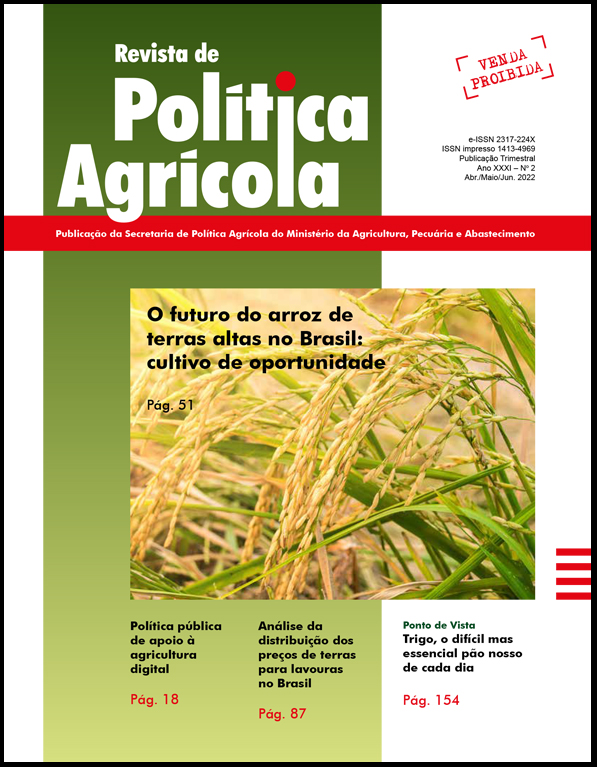Impacts of risk-based inspection on swine slaughter in Brazil
Keywords:
Food safety, pork, public health, swine production.Abstract
This work analyzes the potential impacts of the implementation of risk-based inspection procedures in swine slaughtering in Brazil. The risk-based inspection procedures were officially regulated through the regulatory instruction n.º 79 set on December 14, 2018 (Instrução Normativa n.º 79 de 14/12/2018). The study draws on results of pilot tests carried out in four slaughterhouses, semistructured interviews with official inspectors and plant managers, and data on the Federal Inspection System. As to the official service, the risk-based inspection improves the procedures efficiency and the allocation of human resources. Moreover, it allows veterinarian doctors and official inspectors to focus on procedures to control biological hazards that are critical for public health, and on audits on the control procedures carried out by the slaughterhouse staff. Regarding agro-industries, the main benefits are improvements on the quality management and reduction of condemnation losses. Furthermore, the risk-based inspection reduces the number of employees that are assigned to support the official service in the inspection procedures.Downloads
Published
2022-07-08
How to Cite
Martins, F. M., Coldebella, A., Henn, J. D., Silveira, R. H. da, Albuquerque, E. R., & Kich, J. D. (2022). Impacts of risk-based inspection on swine slaughter in Brazil. Revista De Política Agrícola, 31(2), 105. Retrieved from https://rpa.sede.embrapa.br/RPA/article/view/1738
Issue
Section
Artigos Científicos


